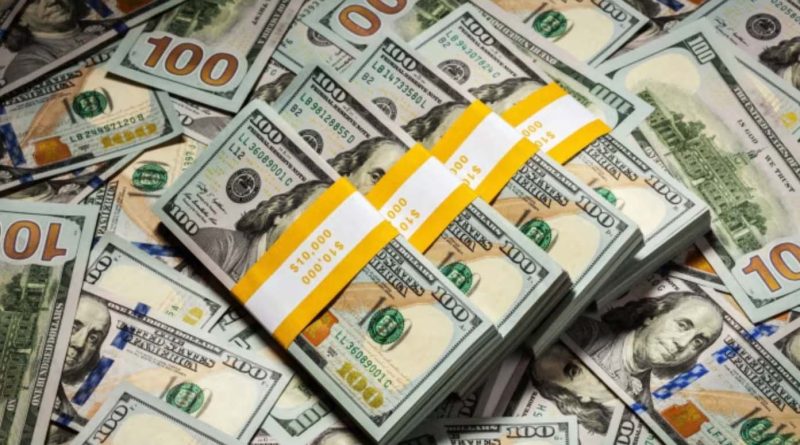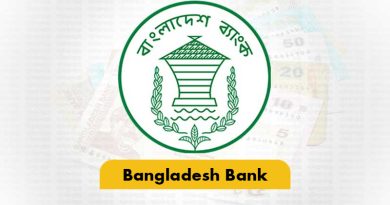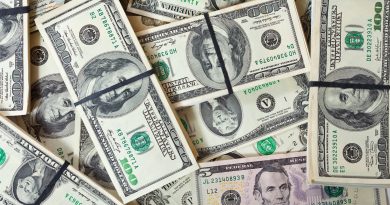After weeks of relative calm, Bangladesh’s foreign exchange market has turned volatile again, with the dollar rate jumping more than 50 paisa in a single day.
Market insiders said the exchange rate crossed Tk 122.50 per dollar on Wednesday, marking the sharpest rise in recent weeks. The Bangladesh Bank’s (BB) official reference rate also climbed to Tk 122.13 from Tk 122.02 the previous day.
Bankers and treasury officials attributed the sudden uptick to a mix of growing demand for dollars, advance import bookings, and the central bank’s ongoing dollar purchases, which have tightened liquidity in the market.
A senior treasury head at a private bank said many banks are now in a “short position” after selling dollars to the central bank in recent weeks. “We suddenly had overseas payment obligations this week and had to buy from the market. That demand pushed the price higher,” he explained.
Banks with fewer foreign earnings than their external payment commitments are classified as short-positioned, while those with surplus forex are in long positions. “We purchased dollars from the interbank market at Tk 122.50 per dollar,” another banker said.
Importers are being charged between Tk 122.50 and Tk 122.80 per dollar for bills for collection (BC), reflecting the rising cost of trade finance.
Since July 13, Bangladesh Bank has bought $2.126 billion from banks as part of its intervention strategy to stabilize the market. However, this move has also reduced banks’ net open positions (NOP) from over $1.2 billion to around $700 million in just six weeks.
Adding to market anxiety, traders pointed to a recent media report quoting the central bank governor as saying that the IMF may release the remaining loan tranches only after consulting the next elected government. The news reportedly created unease among market participants.
Importers are also booking orders early ahead of Ramadan and Eid-ul-Fitr, fearing further volatility before the national elections. Multinational companies are expected to repatriate profits around this time, adding further demand pressure on foreign exchange.
A central bank official acknowledged some rise in dollar demand for fertiliser and Hajj-related payments but said it was not significant enough to justify the current spike. “We need to analyse the market further to understand this behaviour,” he noted.
He added that BB would not intervene immediately, as the rate remains within the crawling-peg band. “We act only when the exchange rate goes below the floor or exceeds the ceiling,” he said.
The sudden fluctuation underscores the fragile balance in the forex market, where minor shocks in demand or policy signals can trigger sharp movements in the taka-dollar rate.






